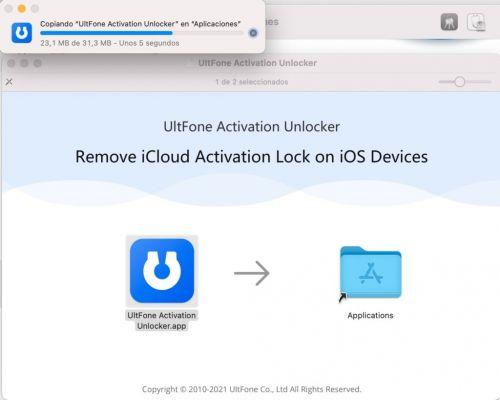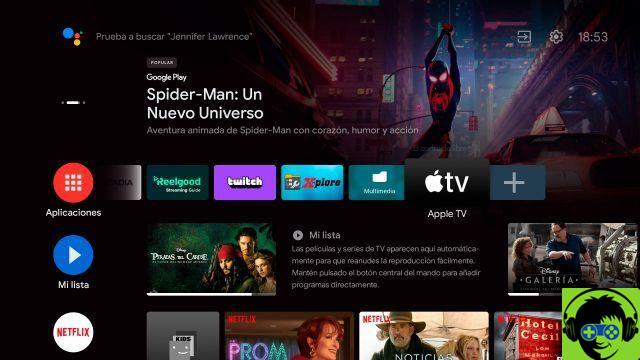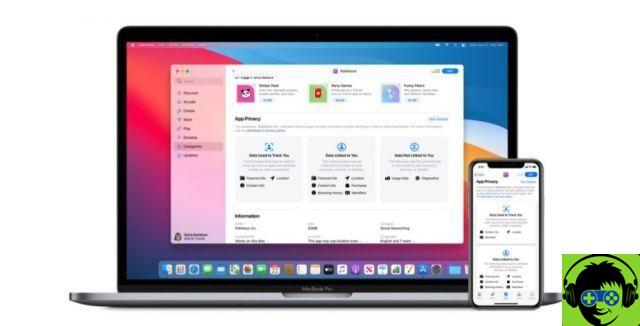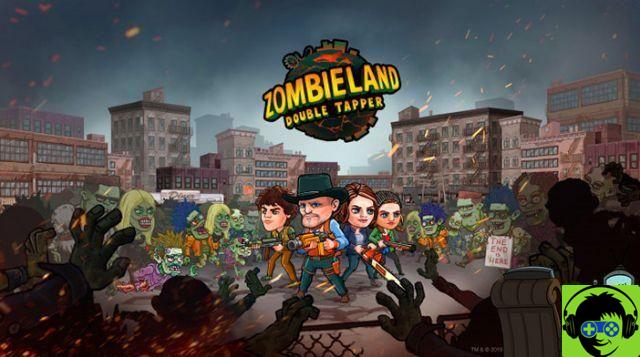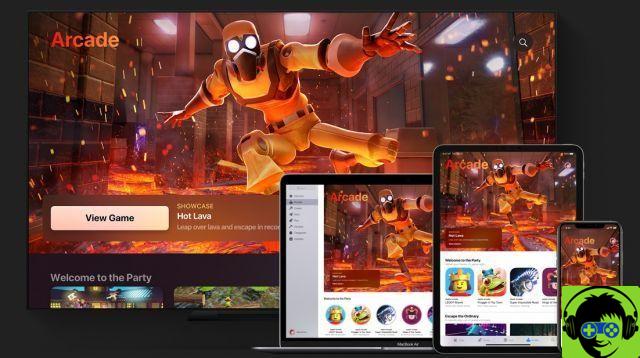Apple is famous for many things, and for good reason: well-built hardware, services that work flawlessly, and advanced software… until they decide to make it free.
The good times of iWork and iLife
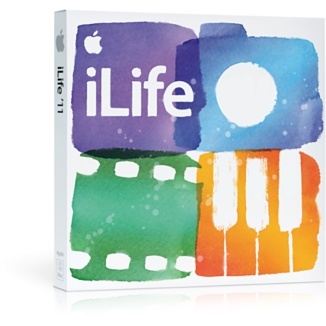
I vividly remember the versions of iMovie, GarageBand, iDVD, Keynote, Pages, Numbers… the list was very long and opened up a whole world of possibilities for never having to use a Windows computer.
On the contrary, they made many Windows users want those tools and, as a result, they ended up buying a Mac.
Year after year new features and refinements have arrived in a new version of the package. Each year, if you were interested, you had to pay a small amount to get the latest news and effects on your creativity and productivity programs.
Was it the way to leave everyone impressed and wonder how he does it? As they passed their boring blue background, the slides were full of points and sub-points.
Editing a video, even using just photos, was a hobby that could be done without compromising productivity. The Ken Burns effect changed the meaning of photographic projection forever.
Keynote's animation effects were stunning, but could also cause seizures if overused.
The beauty of Numbers' design made its lack of formulas or less power relative.
Every year we expected more and better from Apple in the software area.
And then came the «Libero».

Until the day Apple decided that those "suites", iWork and iLife, would be offered for free with every purchase of a compatible Apple product (October 22, 2013).
From that moment, since Apple stopped having an entry in the ledger that corresponded to "gifted" consumer programs, innovation has progressively diminished, to the current situation where, not only no one talks to it, but for many people they are forgotten in the applications folder, because they have never heard of them.
In recent months I have had to face reality: I want to take my projects to a higher level of creativity, but I don't want to become a professional user.
I have no choice but to start looking outside. Specifically, in the case of iMovie, I find that the possibilities it offers to work with more than a couple of video or audio tracks are insufficient, as soon as you want to take a step forward. Fortunately, I found Filmora, which impressed me with its performance, its multitrack capabilities, variety of split screen possibilities, effects, transitions, etc. In short, it's as if iMovie kept updating and is now called Filmora.

Luckily I don't have to use Keynote often, but every time I do (I use it as a quicker way to organize text animations for export to film) I realize how much I miss being able to organize content by layers, showing or hiding of which I need, or as if I have a zoom applied to the screen (to see everything bigger, which I already have an age) I would like when selecting an object it would automatically center the screen to show it instead of having to scroll to go to it.
I try to think of some free software offering from Apple that doesn't have associated profitability (there may be) but I can't think of one. Note: iOS apps of the same name receive updates, especially GarageBand.
Perhaps this may explain why Apple has never been successful with the "social" section: without a return on investment scheme, there is no incentive to develop further.
In case anyone was tempted to say iTunes, Apple quickly started amortizing its investments by piling up stores in it, until they ran out of space and had to divide them into content areas.
Podcasts are another possible temptation, but once you have developed the app, the name, the category, etc. that's where development stopped. Perhaps now that Spotify (and behind Audible / Amazon) have shown that having their own podcasts can be a way to increase customers, Apple will come back to the table to think about how to innovate to keep up.
But I wouldn't bet an iPod nano.
What I have clear is that when Apple decides to leave something free, by its very nature, it means that its development will be hibernated sooner or later, barring minimal updates to maintain compatibility with versions of the operating system.
Because Apple, among many things in its DNA, one is making money. And if a product doesn't do that, you don't understand why you keep spending.
What do you think about it?








